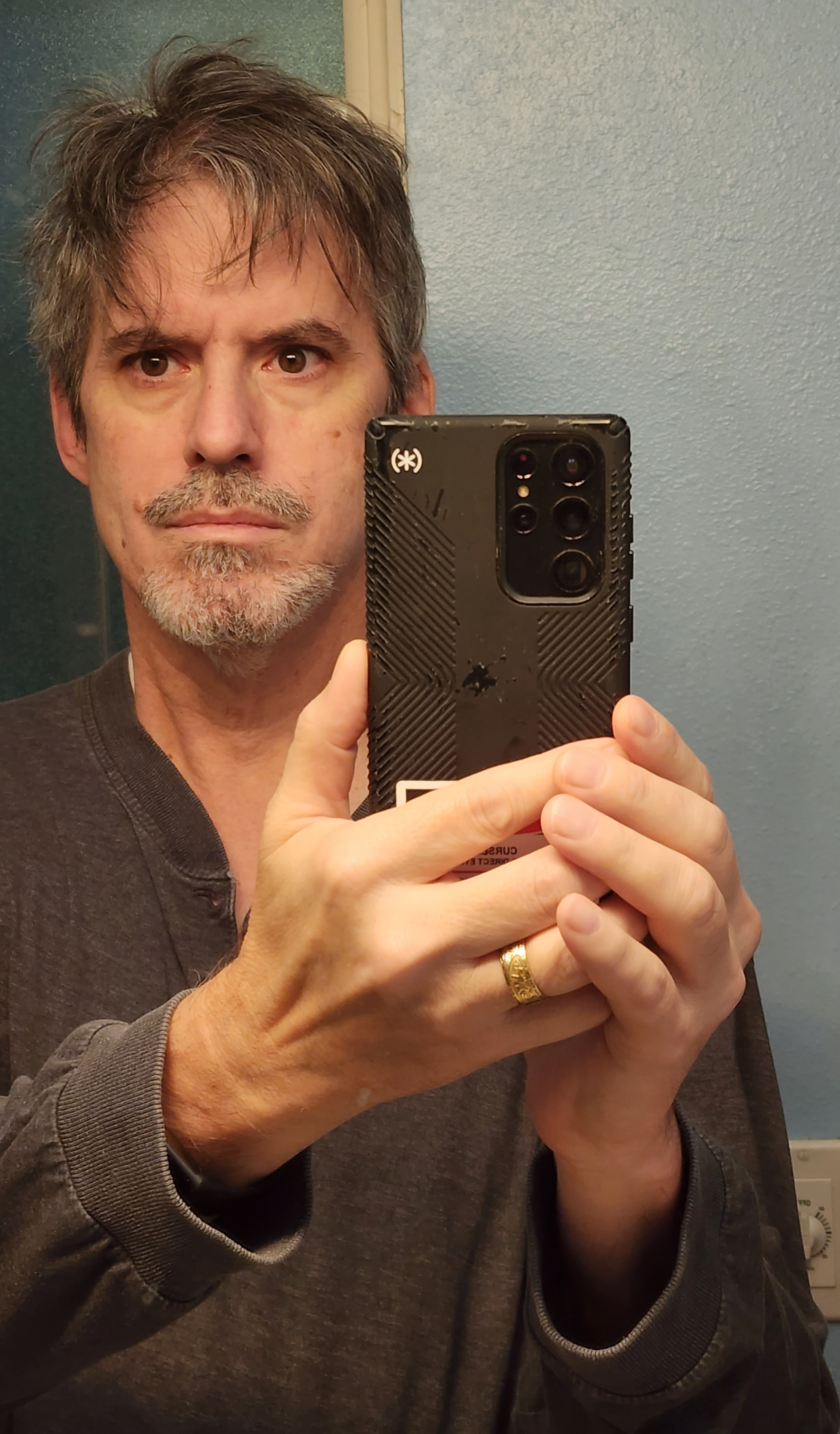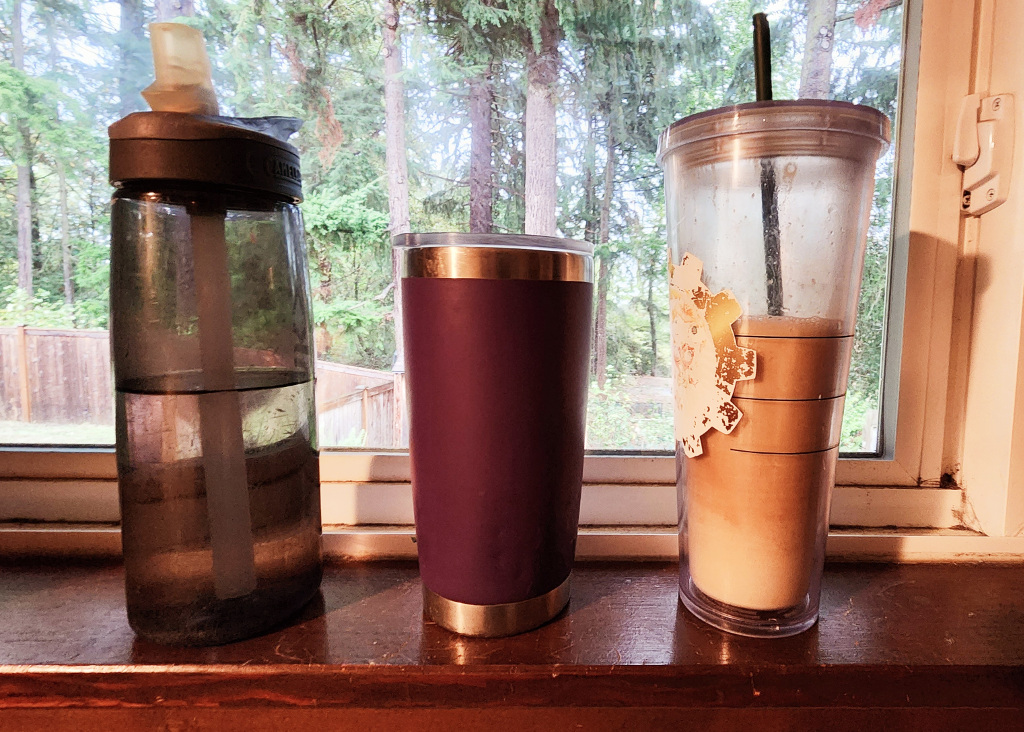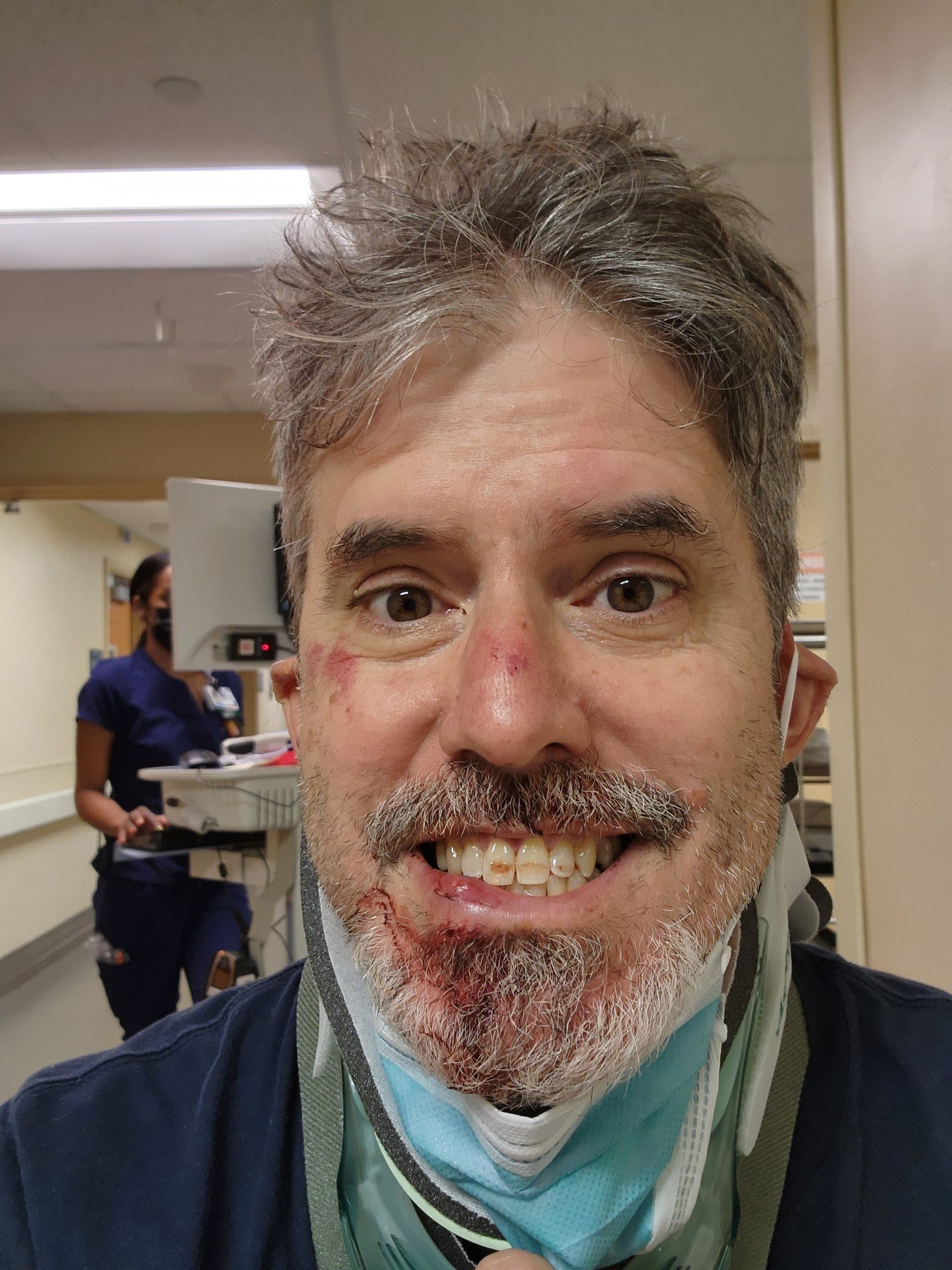I recently received one of those “The US Office of Management and Budget requires that we survey you about the quality of your stay while at our hospital. Please fill out the survey and return it to us. There is a space at the end where you can describe any concerns or praise you wish to deliver.”
Here’s what I wrote:
Here’s what I wrote:
I was hospitalized for 23 days while at Valley, and in that time there were a number of occasions where I felt the strain that is slowly degrading our healthcare system.
My injury was mechanical; I had a hematoma blocking my duodenum and was unable to digest food. I was given an NG tube to remove the bile and stomach acid, and an NJ tube to provide food and water. Aside from that, I was in excellent physical health and am modestly athletic; I ride a bicycle regularly and have a workout routine.
The hydration I was given was “typical for that of a 56 year old man,” but it turns out that the typical 56 year old man is not in excellent physical health and does not work out regularly. My condition was not accurately explained to the nutritionist. As a result, after five days I was severely dehydrated and begged for more water. After a test revealed that I was in hypovolemia, this was resolved, but the miscommunication and neglect of patient’s own wisdom about his body was appalling.
At one point while I was there, the hospital pharmacy ran out of the liquid suspension ibuprofen necessary to manage the pain of having two nasal tubes passing down my throat.
I had a narrow NJ tube that required minimal but constant maintenance in order to continue to function properly. Twice while I was there that tube became blocked because a nurse either did not understand how the tube functioned or was too busy to take care of the tube properly. Because of the lack of liquid suspension ibuprofen, one nurse attempted to crush tablet ibuprofen and put it down the tube, blocking it. In another, the alarm indicating that the food being pushed through the tube, a product named Pivot, had run out. Pivot hardens when not in motion and completely blocked the tube.
On both of these incidents, I had to be sent down to Interventional Radiology and subjected to unnecessary X-rays to have the tube replaced.
Despite these incidents, I managed to maintain a daily routine of being unhooked from the NG tube for an hour or so every day in order to do a minimal set of exercises– a quarter-mile walk, a few push-ups, a few squats, that sort of thing. The equipment being used to manage the NG tube was unfamiliar to some of the nurses, and I was the one who had to show and instruct them on how to unhook it.
All of the nurses I spoke to said they were understaffed; where one was optimally assigned to four patients, each was now overseeing six patients. I am not naming any names in the above incidents because I don’t believe that the nurse was at fault; instead, the overwhelmed and undersupplied system failed to teach, monitor, and advise them, and failed to provide them with the proper support.
I am well-educated and insatiably curious. I was able to manage much of my own healthcare, and got along well with all of my nurses and doctors, and so I survived these incidents without any consequence worse than a significant uptick in pain while I waited for resolution. My concern is for the other patients who do not or cannot understand their predicament and manage their own healthcare.
Hire more nurses, and train them better.



